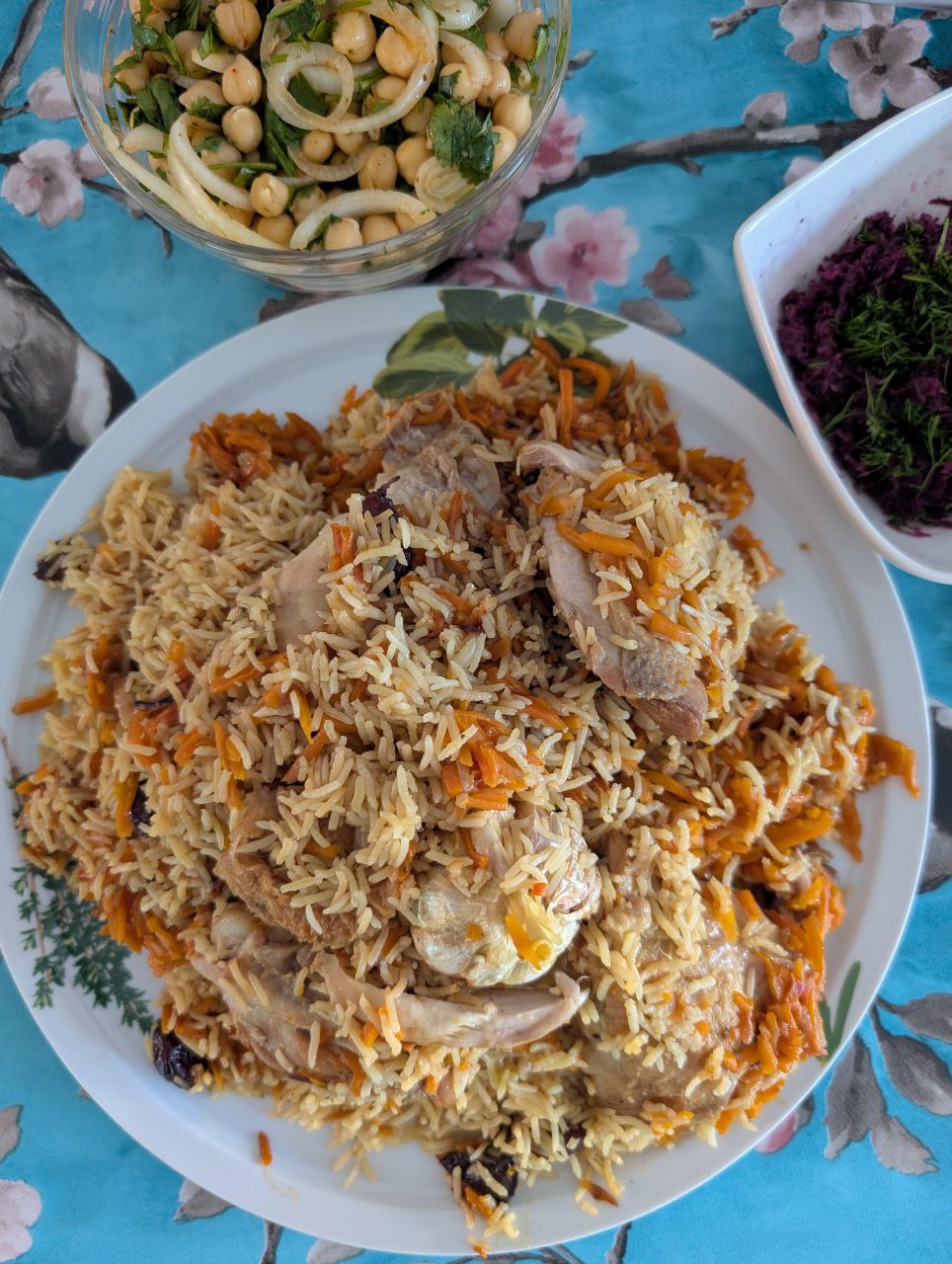Mom. Mommy. Ima. Madre. Mother. No matter how many ways I say it, the concept still catches me by surprise sometimes. I am a mother now. Up until 7 months ago when someone would ask me a defining attribute of myself, I would have said I’m a Ladino singer. That’s what I do; that’s what I am.
Being a Ladino singer has always been more than an occupation for me—it’s the fabric of my identity. Its roots run deeply through me—it’s a responsibility I have to my Sephardic ancestors to keep their traditions and stories alive and to make sure they get passed on to future generations. And now I am responsible for a member of that future generation. I am a Ladino singer, and a mother.
As I look at my beautiful daughter now, I have been asking myself how I want to transmit my family tradition to her. What part of my Sephardic heritage do I want to pass down? Do I try to speak to her in Ladino, aware that she will have few people to speak it with as she grows older? Do I sing her Ladino songs each night so they get planted into her subconscious?
There is no doubt being a mother has already changed my performance repertoire. Although I pride myself on writing original music in Ladino, I have recently added a song into my sets that hails from the traditional canon. “Durme, Durme” is a song about how your heart actually aches when you watch over a loved one as (s)he sleep, because all you want now is to protect him/her from ever feeling sorrow.
Sleep, sleep beautiful one
Sleep without worry or sorrow.
Here is your slave whose only desire is
To watch over your sleep with the greatest of love
As time goes by my heart aches
With the love I have for you
Listen, listen my love
Listen to the song of my heartache.
“Durme, Durme” has quickly become one of my favorite, and defining, songs for me. Performing this beloved Sephardic song connects me firmly to my tradition, and now that I picture my baby girl as I sing it, also lets me think about my future. I want my daughter to sleep without worry or sorrow that she will feel disconnected to her past. I want her always to know the beauty of her heritage. And of course, I want her to know that I, her mother, will always be there for her with love and song.







